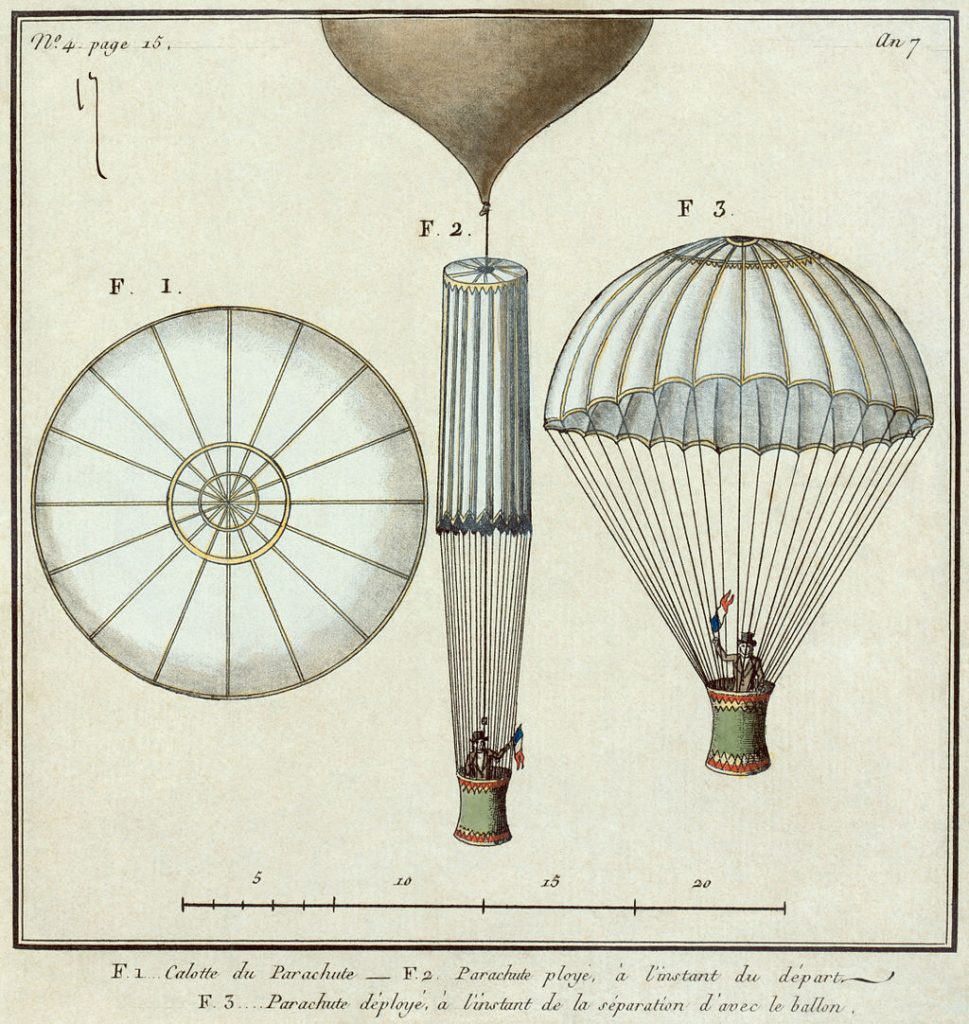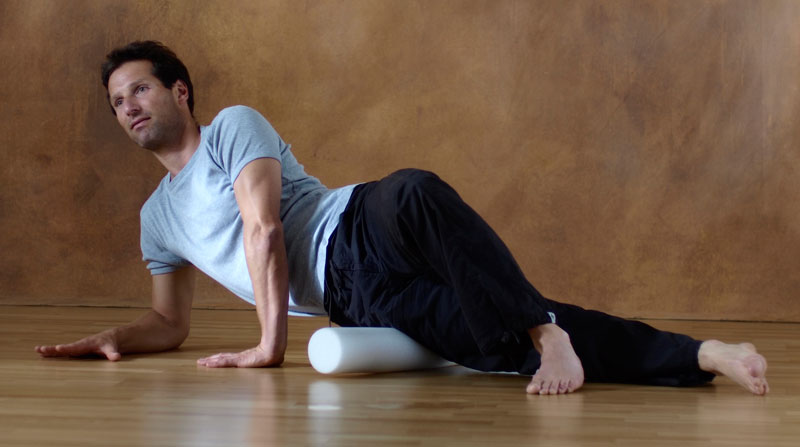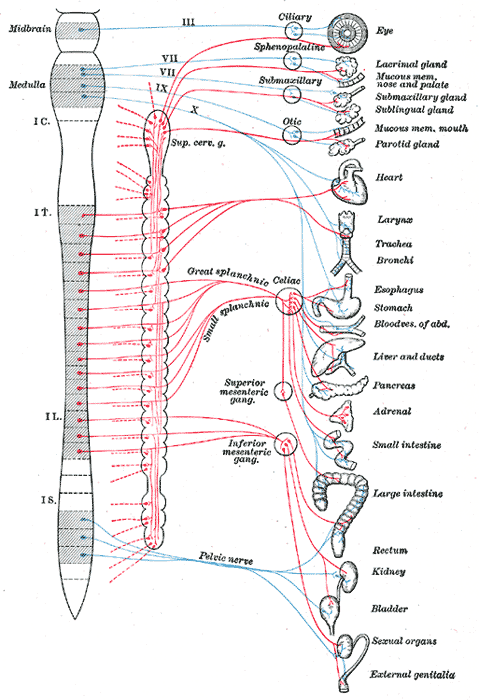The Absence of Evidence: Efficacy of parachute use questioned
A meta analysis published in a highly respected journal British Medical Science found no evidence that parachutes are effective in preventing major trauma related to gravitational challenge.
Ridiculous you say? Well, this conclusion is entirely accurate. Yet it is entirely absurd at the same time.
The study titled Parachute use to prevent death and major trauma related to gravitational challenge: systematic review of randomised controlled trials was conducted to determine whether parachutes are effective in preventing major trauma related to gravitational challenge.
The authors conducted Systematic review of randomised controlled trials.
Data sources: Medline, Web of Science, Embase, and the Cochrane Library databases; appropriate internet sites and citation lists.
Study selection: Studies showing the effects of using a parachute during free fall.
Main outcome measure: Death or major trauma, defined as an injury severity score > 15.
Results: We were unable to identify any randomised controlled trials of parachute intervention.
Conclusions: As with many interventions intended to prevent ill health, the effectiveness of parachutes has not been subjected to rigorous evaluation by using randomised controlled trials. Advocates of evidence based medicine have criticised the adoption of interventions evaluated by using only observational data. We think that everyone might benefit if the most radical protagonists of evidence based medicine organised and participated in a double blind, randomised, placebo controlled, crossover trial of the parachute.
Of course the study was meant to be a spoof to remind that common sense prevails
Comment by Joe Muscolino
There is an old saying: “Absence of Evidence is NOT Evidence of the Absence.”
Just because there is no proof that something is true, that does not in any way mean that there is proof that it is not true either. The absence of evidence is not evidence of the absence. Yet, studies are often conducted and the authors’ conclusion is often this type of statement, citing an absence of evidence. The problem is that for someone who is simply reading the one-page abstract of a research article, reading an “absence of evidence” conclusion could consciously or subconsciously affect their thoughts and opinions. and in the world of manual and movement therapy (or any health field), this could affect the way that health care is delivered, which could in turn affect the health of our population…



